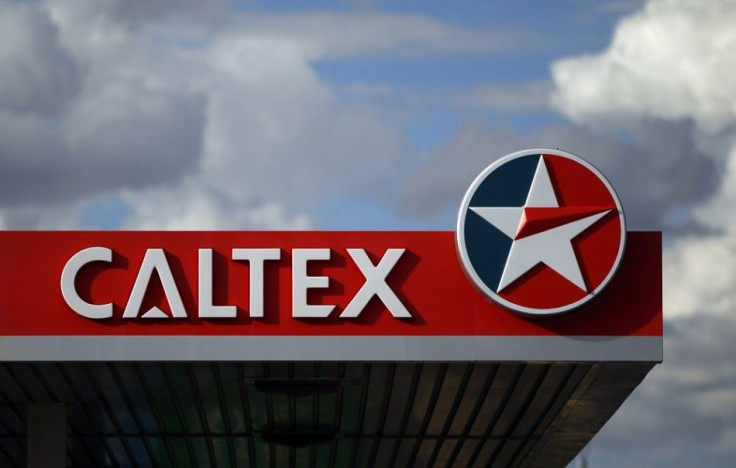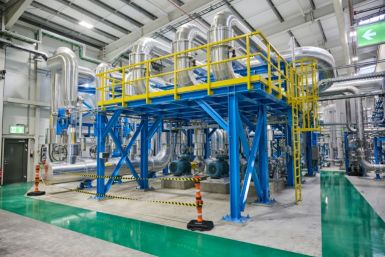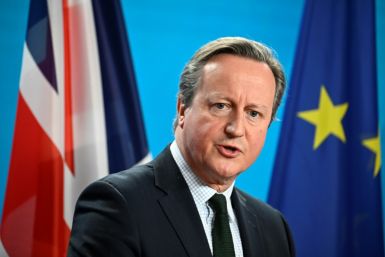Australia Hikes Fuel Tax: Opposition May Block The Legislation In Senate

Australia has announced a petrol tax effective from November 10, leading to hike in fuel prices in the country. The move has created bad blood between the Government and the opposition, which doubts the government's intentions.
But the government is ignoring the opposition's resistance and going ahead with the excise hike it had proposed in the budget to raise $2.2 billion from the motorists in the next four years. Finance Minister Mathias Cormann said federal tax on petrol at the pump would make an increase of less than one cent to 38.6 cents a litre from November 10 and the tax will be revised every six months in line with inflation, reported BBC.
The tariff proposals will be presented to the Senate next week and it has to retrospectively approve the excise hike within a year. If the Senate refuses, then the government will have to repay the money raised in the first 12 months to the petrol companies, reports Guardian.
Mathias Cormann said he was optimistic that the increase would be ratified by the Senate and urged the opposition to support the new legislation. Though the government announced the hike in its May budget and tried to enforce it in August, it failed in winning the required support in the senate.
The opposition is furious. Shadow Agriculture Minister Joel Fitzgibbon and Shadow Regional Development Minister Julie Collins attacked it, saying the excise hike contradicted Tony Abbott's election pledge not to increase taxes. They warned that the petrol tax would be a burden on rural Australians. They described it as a shrewd attempt to bypass the parliament and also as an assault on rural Australians who cannot afford it.
The Institute of Public Affairs, a think tank, also flayed the move. It said the fundamental democratic principle is that tax changes must be consented by parliamentarians, as representatives of the Australian people.
But the Abbott government is "rushing fuel tax indexation without any debate," remarked Dr Mikayla Novak, Senior Fellow who was quoted by The Guardian. Shadow Treasurer Chris Bowen demanded the guarantee from the government that if the increase is not validated by the parliament within 12 months, then the money collected would be returned to those who paid the duty.
Good For Rural Roads
However, Liberal MP Angus Taylor welcomed the fuel excise increase and said it is "really small" and "a win for regional roads." He said the important point is that the corpus of $2.2 billion raised from the hike would be utilised for road investment, reported Land News. But many political analysts consider the hike in fuel tax to become unpopular given the car-loving nature of Australians.






